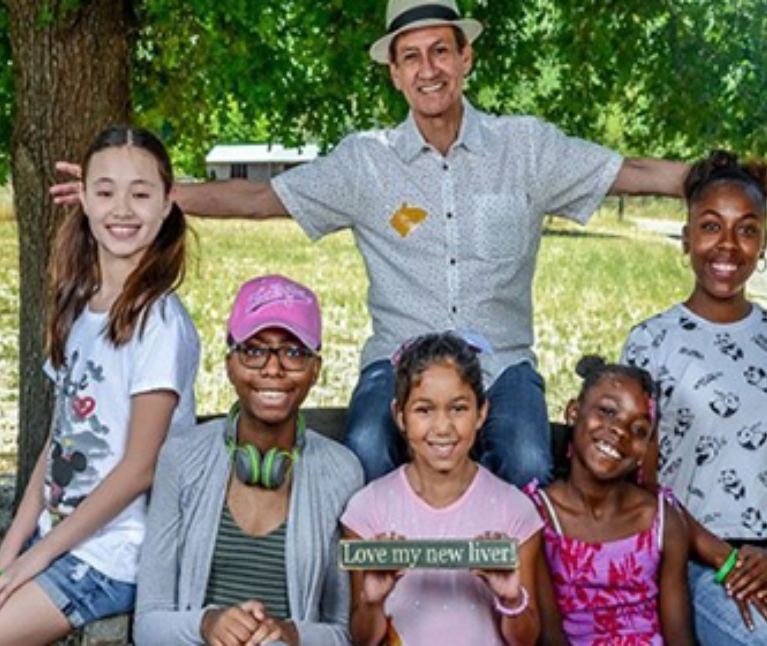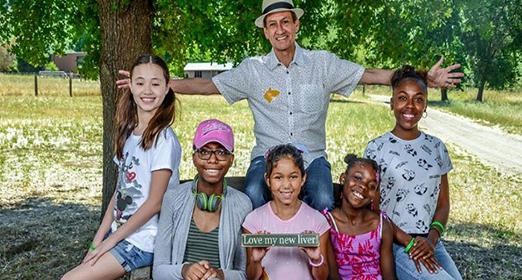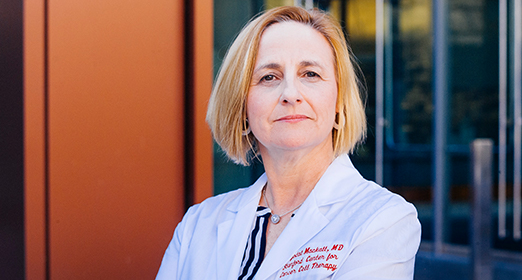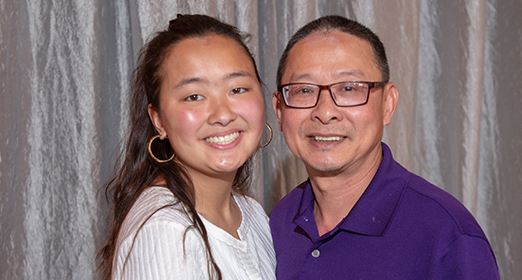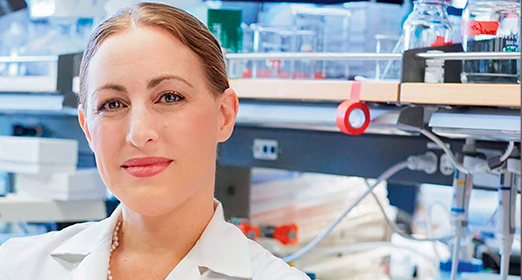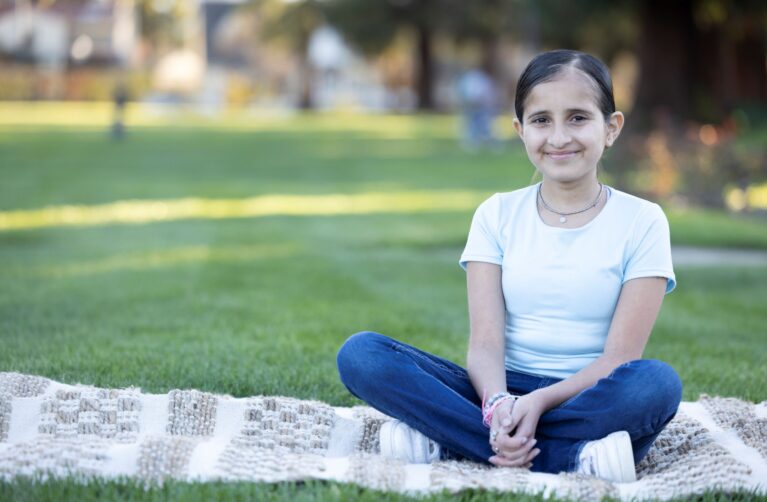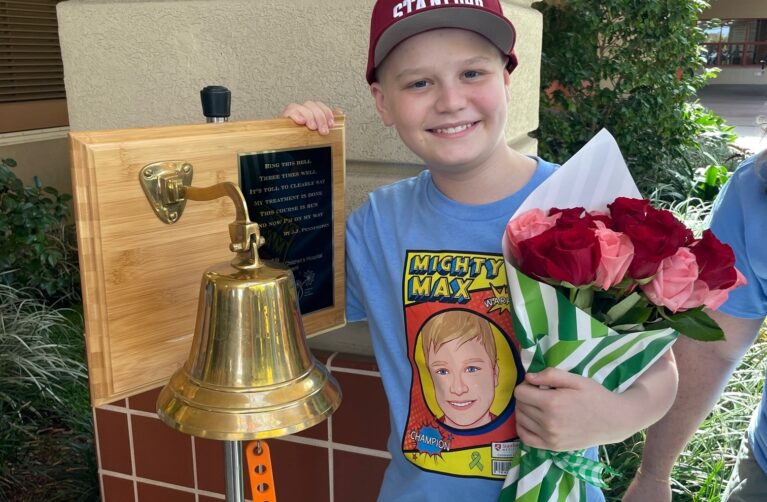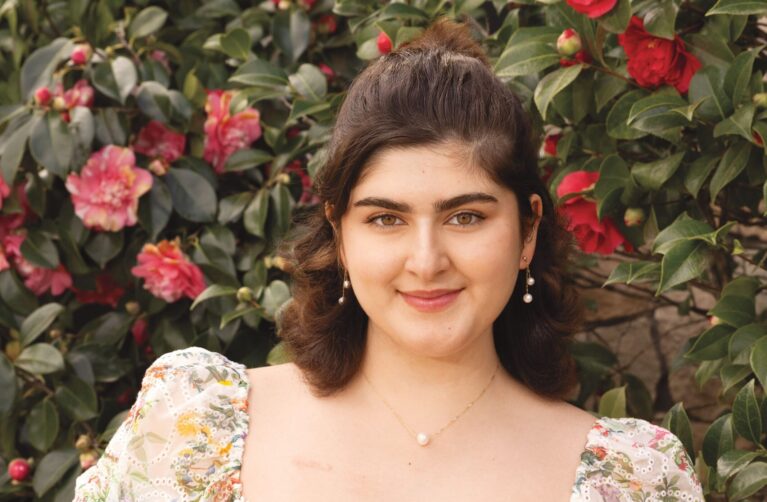Pediatric Transplant Program Receives Top Recognition
Stanford Children’s Health is ranked as a national leader for pediatric organ transplantation, according to recent data from the Scientific Registry of Transplant Recipients. Our center is first in the Western United States in organ transplant volume in patients 18 years and younger, and third nationwide. In 2020 alone, 20 pediatric transplant patients came from out of state.
In addition to kidney, heart, liver, intestine, and lung transplants, Stanford Children’s Health is a national leader in combined-organ transplants, in which two or more organs are given to the same patient in a single surgery.
There is also groundbreaking collaboration between the pediatric stem cell transplant and kidney transplant teams to treat Schimke immuno-osseous dysplasia (SIOD), an extremely rare genetic disease that affects multiple systems in the body. Alice Bertaina, MD, PhD, leads the stem cell transplant team. So far, Stanford Children’s Health has treated three patients with SIOD—including brother and sister Kruz and Paizlee Davenport of Muscle Shoals, Alabama.
“We are very optimistic that this unique approach to treating SIOD could be used to treat other rare genetic diseases in the future and are excited to begin exploring the possibilities,” says Bertaina.
New Division Chiefs Join Packard Children’s Hospital
Earlier this year, physician-scientist and clinician Lawrence “Lance” S. Prince, MD, PhD (left), was appointed division chief of Neonatal and Developmental Medicine at the Stanford University School of Medicine, as well as professor of pediatrics. He is also serving as co-director of the Johnson Center for Pregnancy and Newborn Services at Lucile Packard Children’s Hospital Stanford.
“I am thrilled to join Stanford Children’s Health, which is not only an epicenter of medical discovery and advancement, but also a place where care is delivered with the utmost compassion and support for families,” says Prince.
Last August, physician-scientist Tanja Gruber, MD, PhD (right), was appointed division chief of Hematology, Oncology, and Stem Cell Transplantation and Regenerative Medicine at the School of Medicine, and director of the Bass Center for Childhood Cancer and Blood Diseases.
“Stanford is an incredibly inspiring place, and I look forward to working with all the physicians and scientists here to develop new treatment approaches and bring them to patients,” Gruber says.
Major Awards for Cancer Researcher and Her Team
Crystal Mackall, MD, professor of pediatrics and medicine, received two major awards as an individual scientist this spring. She was honored with the American Association for Cancer Research-St. Baldrick’s Foundation Award for Outstanding Achievement in Pediatric Cancer Research in recognition of her “pioneering contributions to the fields of pediatric oncology, immunology, and immunotherapeutics.”
From the American Society of Clinical Oncology, Mackall, who holds the Ernest and Amelia Gallo Family Professorship, received the 2021 Pediatric Oncology Award and Lecture, given to an individual who has contributed “outstanding scientific work of major importance to the field of pediatric oncology.”
In addition, the American Association for Cancer Research honored the St. Baldrick’s Foundation-Stand Up 2 Cancer Pediatric Cancer Dream Team, co-founded in 2013 by Mackall, with the 2021 Team Science Award. The award recognizes the scientific team judged to be most accomplished in all facets of cancer research.
“We are very proud of the accomplishments of our team over the last eight years,” says Mackall.
Heart Patient Gives Back
When young transplant recipient Athena Tran received a wish from Make-A-Wish Greater Bay Area, she decided to donate the $5,000 to the Hospital School and Pediatric Advanced Cardiac Therapies (PACT) Program at Lucile Packard Children’s Hospital Stanford.
Athena was diagnosed with a rare heart condition called restrictive cardiomyopathy in which the heart becomes stiff and is unable to function properly. Four years ago, she received a life-saving heart transplant at Packard Children’s Hospital.
During her time at our hospital, the Hospital School made a significant impact on Athena. In collaboration with the Palo Alto Unified School District, the school provides a fully accredited academic curriculum and enrichment programs to patients.
“I was already given such a huge gift. I’m so fortunate and so blessed to be able to have this new life,” Athena says. “Giving back is the least that I could do to thank people for what they’ve done for me.”
Trials Use Experimental Therapy for Deadly Childhood Brain Cancer
A clinical trial at Packard Children’s Hospital is under way to assess the effectiveness of a type of cell-based therapy called CAR T-cells in tackling diffuse intrinsic pontine glioma (DIPG), a tumor that has historically proven resistant to all conventional therapies.
The first patient started treatment last June. The CAR T-cells in the trial are for patients with a specific mutation in their tumor in a gene called H3K27M. This mutation increases the amount of another marker found on the tumor cells, called GD2. Therefore, the CAR T-cells are designed to target GD2.
“We are monitoring subjects on the trial very, very closely in the inpatient setting and have built multiple safety measures and algorithms into the trial, as well as performing frequent neurological exams and regular MRI scans,” says Michelle Monje, MD, PhD, associate professor of neurology and leader of the clinical trial.
If CAR T-cell therapies are proven to be safe and effective in patients with DIPG, they could present a new treatment option.
This article originally appeared in the Summer 2021 issue of Packard Children’s News.
